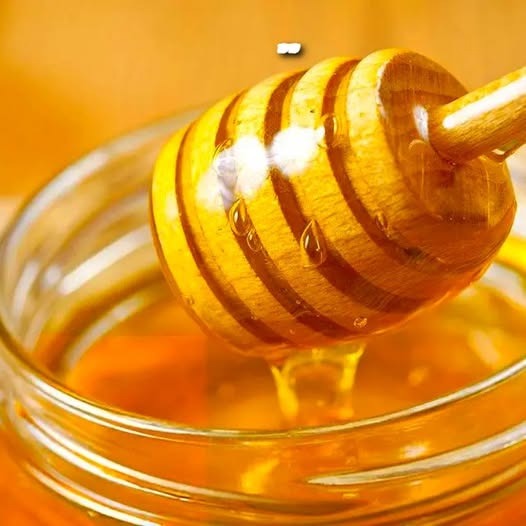ADVERTISEMENT

ADVERTISEMENT
How to store honey to preserve all its qualities?
Temperature and light: what to avoid at all costs
Many make the mistake of storing their jar of honey in the refrigerator, thinking they are doing the right thing. However, the cold does it no favors: it accelerates its crystallization, which can make it less convenient to consume. This does not make it unsuitable, but changes its texture. At the other extreme, exposure to excessive heat – above 27°C – can cause unwanted fermentation. The worst place? A cupboard just above the oven or near the stove, exposed to heat rises. Finding the right spot to keep it is a small gesture that is really fun on a daily basis, especially when you find a honey that is always perfect when it comes to using it. Ideally, a dry place, at room temperature, away from direct light. A kitchen cabinet away from heat sources or a shelf in a closed pantry is a great fit.
The importance of a tightly closed lid
We rarely think about it, but leaving your jar of honey open for too long is not trivial. The air oxidizes certain aromatic compounds, and little by little, the flavor changes. Less perfume, less pleasure! Don’t panic if it happens to you once, but in the long run, it’s better to get into the habit of closing it right away. That’s why it’s best to close the lid carefully after each use.
Can you freeze honey?
This is a question we often hear, especially when buying honey in large quantities. Yes, honey can be frozen, and it is even an effective solution to preserve its qualities in the long term. But it is important to know that, unlike water, honey does not set completely in the freezer, due to a lack of sufficient water content.
What we really get is an accelerated crystallization. Don’t panic: this does not mean that it has become unusable. Crystallized honey retains all its properties, and it can be eaten as is – some even prefer it in this form for its grainy texture. Otherwise, a gentle water bath is enough to liquefy it without deteriorating its active compounds.
Did you know? Honey, a natural wonder for millennia
Beyond its conservation, honey also fascinates with its history and uses. Not all bees produce honey: only certain species, such as Apis mellifera, are true producers. And among the 20,000 species identified in the world, only a handful manufacture them on a large scale. Used since ancient times as a natural antiseptic, honey was also used to treat wounds. Its healing properties are still recognized in medicine today, especially in the treatment of certain burns or mild skin infections. Honey is an exceptional food for its richness and durability, but it deserves a minimum of care. It’s a bit like a plant: no need to overdo it, but a little attention, and it stays on top. A glass jar, kept away from light and heat, tightly closed after each use: these are the simple gestures that make all the difference. And if you have a surplus, don’t hesitate to freeze it: it will give you back the rest.
ADVERTISEMENT
ADVERTISEMENT
